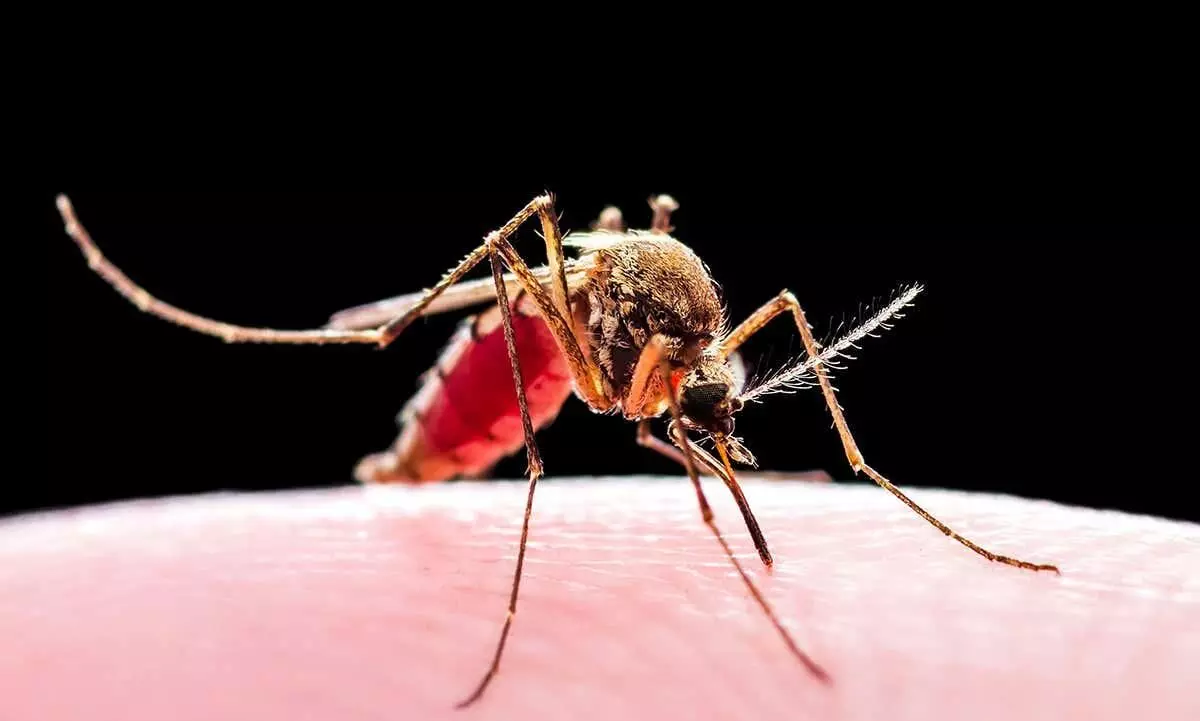
India reported 66% of Malaria in SE Asia in 2022
text_fieldsGeneva: The 2023 World Malaria Report by the World Health Organisation (WHO) stated that in the South-East Asia Region, India ended up being the country with the largest number of malaria cases and deaths in 2022, reports IANS.
The report published on Thursday showed that nine countries in the region contributed to 2 per cent of the total malaria cases in the World. There were 249 million malaria cases reported in 2022, and the 5.2 million cases were from the nine countries in the region. There were 233 million cases reported in 2019, before the pandemic.
Further, in the region, 66 per cent of the cases were in India, and 94 per cent of deaths happened in India and Indonesia together.
In the case of increases compared to the year before, in 2022, Pakistan witnessed the largest increase with 2.6 million cases. Ethiopia, Nigeria, Papua New Guinea, and Uganda recorded a significant increase from the year before.
Meanwhile, in the 11 countries that carry the highest burden of malaria, rates of new infections and deaths have levelled off following an initial upsurge during the first year of the pandemic.
These countries, supported through the WHO “High burden to high impact” approach, saw an estimated 167 million malaria cases and 426,000 deaths in 2022.
The report emphasised the growing threat of climate change in increasing malaria cases. It showed that changes in temperature, humidity and rainfall can influence the behaviour and survival of the malaria-carrying Anopheles mosquito. Extreme weather events, such as heatwaves and flooding, can also directly impact transmission and disease burden.
Catastrophic flooding in Pakistan in 2022 led to a five-fold increase in malaria cases in the country, the report suggested.
“The changing climate poses a substantial risk to progress against malaria, particularly in vulnerable regions. Sustainable and resilient malaria responses are needed now more than ever, coupled with urgent actions to slow the pace of global warming and reduce its effects,” said Dr Tedros Adhanom Ghebreyesus, WHO Director-General, in a statement.























